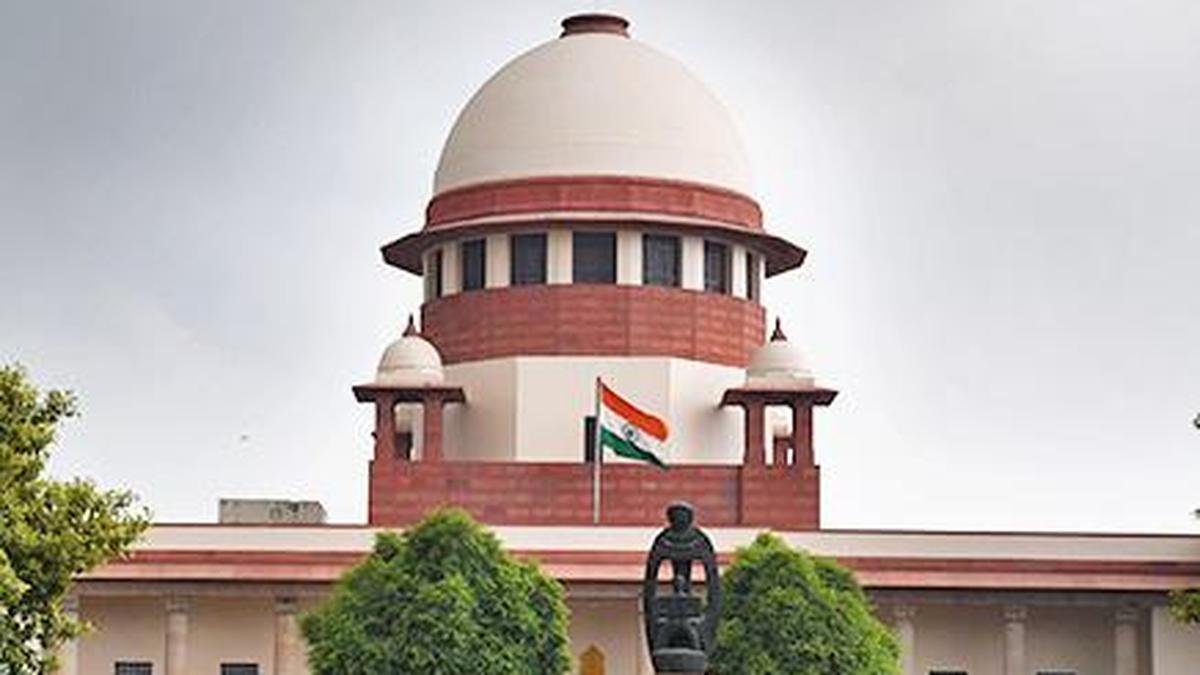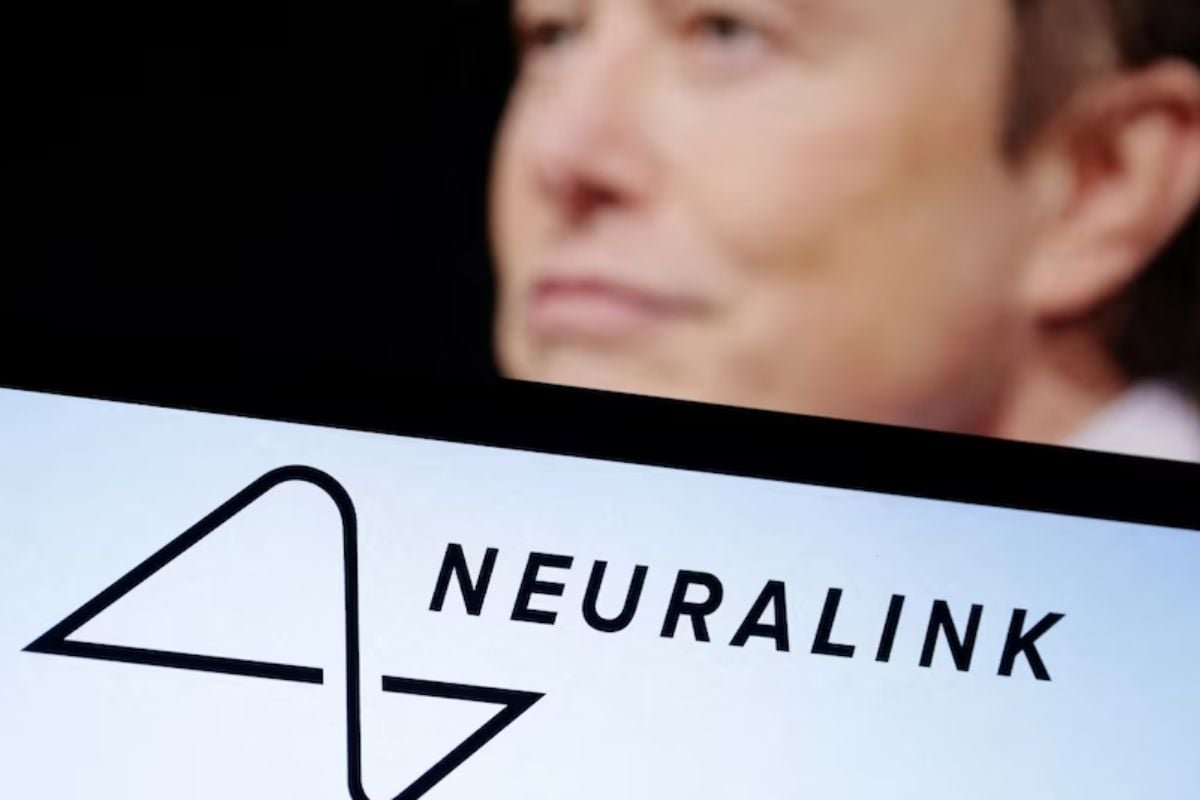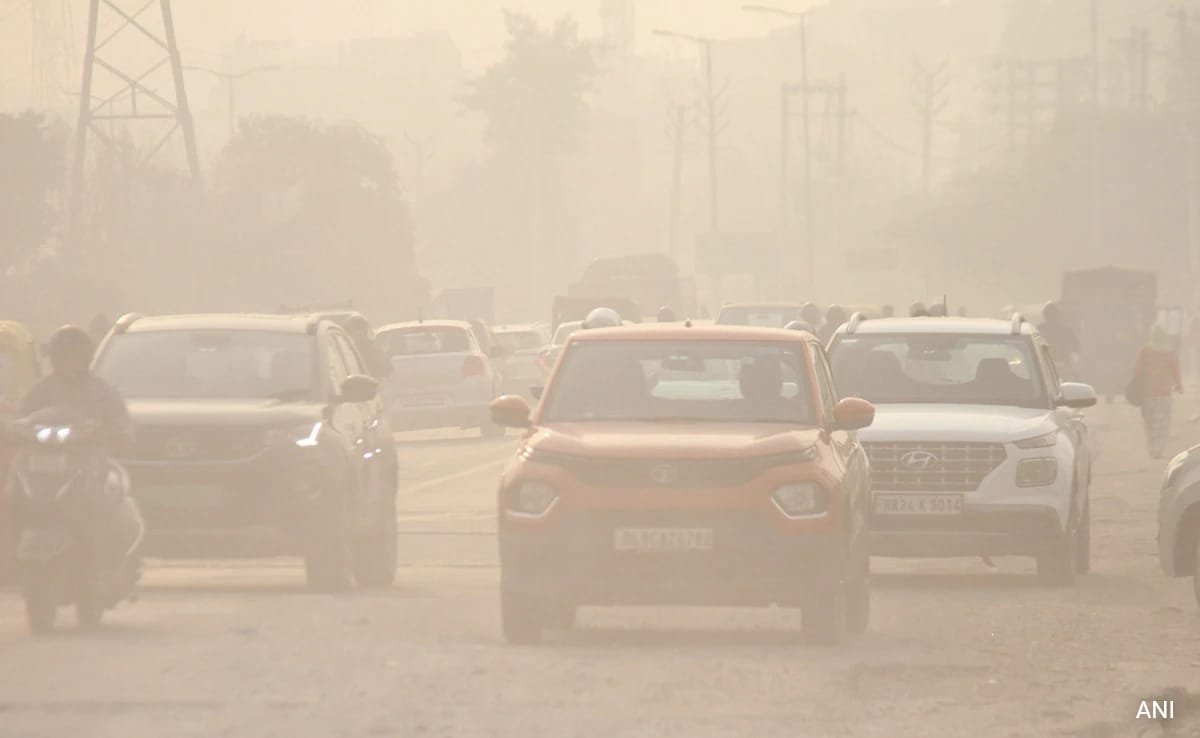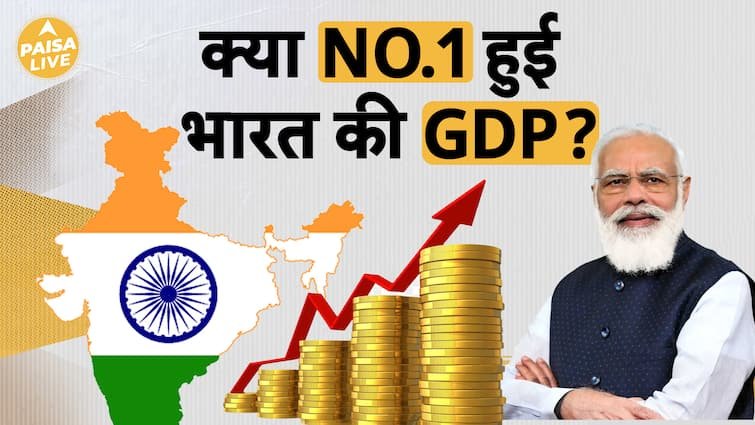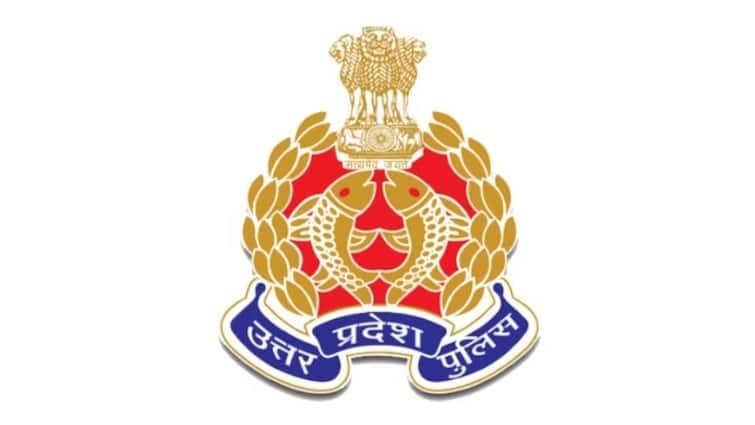The Supreme Court has confirmed that disabled persons’ right to access environments, services and opportunities is an essential human and fundamental right which has hardly been realised on the ground.
Chief Justice of India D.Y. Chandrachud, in a judgment on November 8, quoted that disability was a tragedy only if society failed to provide the differently abled with things essential to lead their lives.

The court recorded that while Delhi had 3,775 low floor wheelchair-accessible CNG buses for public transport, Tamil Nadu had only 1,917 such buses. In Mumbai, while newer facilities like Andheri Metro Station met accessibility standards, older buildings such as the Bombay Art Gallery did not offer even basic features like accessible restrooms for persons with disabilities.
The Supreme Court said the society does not even bother to enquire into the ‘right to relationships’ of persons with disabilities. “The emotional and relational challenges faced by PWDs, particularly regarding access to love, desire, and intimacy… Emotional needs, such as privacy and self-pleasure, are often overlooked, leaving disabled individuals, especially those living with families, without private spaces to express these needs,” said Chief Justice Chandrachud.
The judgment is based on a report submitted by the Centre for Disability Studies, NALSAR University of Law. The study assessed the situation on the ground and had recommended steps to ensure compliance with accessibility standards for PWDs.
The court found that aspects of the Rights of Persons with Disabilities Rules prescribing accessibility standards were not even mandatory by nature, leading to their “dismal” compliance at the ground level. The judgment directed the government to issue fresh Rules with mandatory standards for accessibility within the next three months.
“Accessibility is not merely a convenience, but a fundamental requirement for enabling individuals, particularly those with disabilities, to exercise their rights fully and equally… Accessibility is an integral part of life equality, freedom, and human dignity… Accessibility was not a standalone right. It is an essential prerequisite for PWDs to exercise other rights meaningfully,” Chief Justice Chandrachud underscored.
The court said disability is not inherent in the person, but is created by external factors such as physical, organisational, and attitudinal barriers. It drew the government’s attention to the “social model of disability” concept, which holds that the focus must be on removing societal barriers rather than “fixing” individuals.
Chief Justice Chandrachud observed that the right to accessibility of persons with disabilities must be an inherent factor of societal consciousness instead of an afterthought.
The court asked the government to enable the creation of public and private spaces, services and products of an “universal design” which could be accessed by everyone, regardless of their ability, age, or status.
“Inclusion should be integrated into the design process from the very beginning, rather than as an afterthought… When introducing any new service, product, or feature – whether physical or functional – accessibility must be considered at the inception stage. It is far more efficient to integrate accessibility from the start than to make adjustments later,” Chief Justice Chandrachud pointed out.
Published – November 09, 2024 11:57 pm IST

